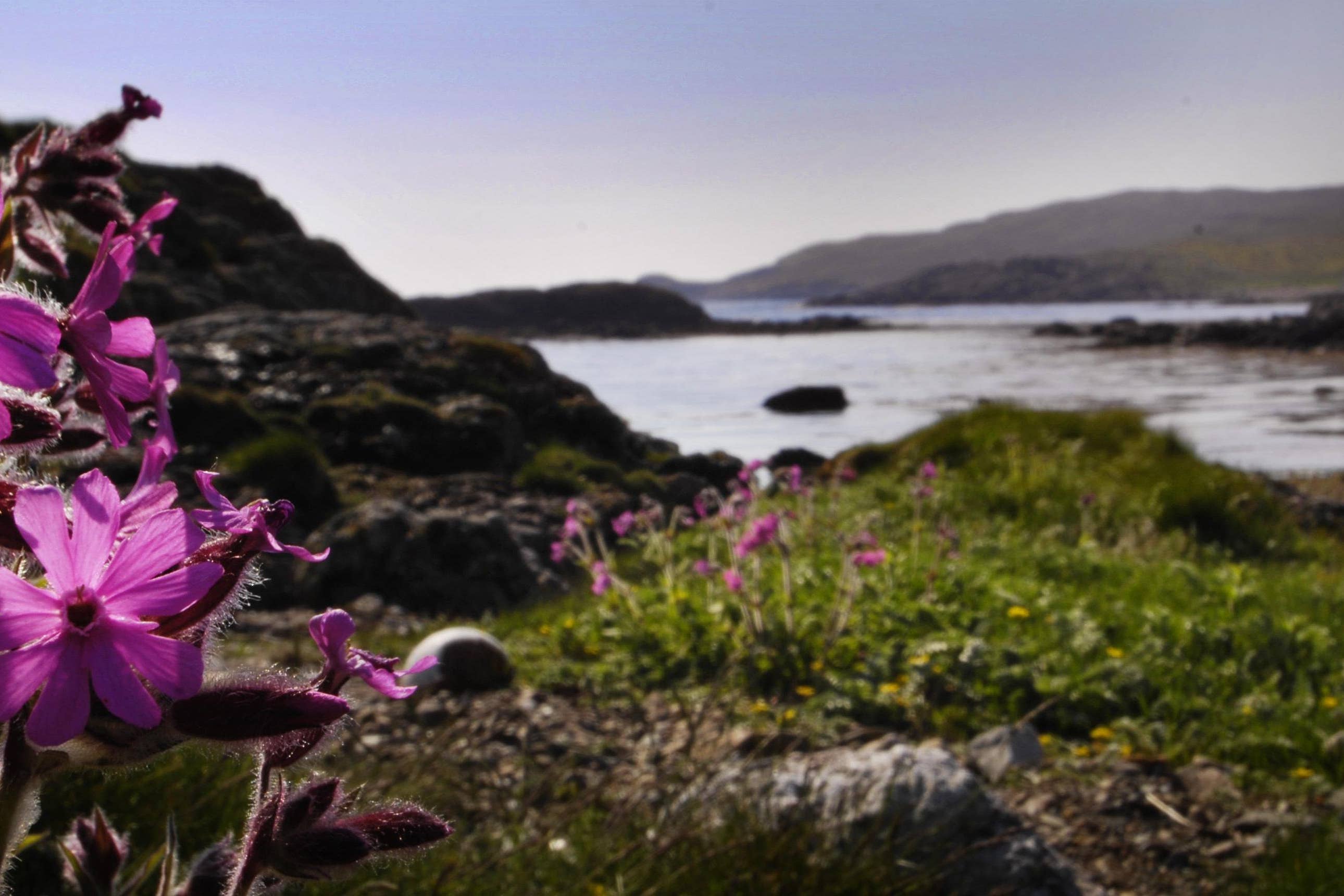Rapid change needed to stop further nature loss in Scotland – report
A new report by NatureScot has revealed rapid change is needed to stop further nature loss in Scotland.

Your support helps us to tell the story
From reproductive rights to climate change to Big Tech, The Independent is on the ground when the story is developing. Whether it's investigating the financials of Elon Musk's pro-Trump PAC or producing our latest documentary, 'The A Word', which shines a light on the American women fighting for reproductive rights, we know how important it is to parse out the facts from the messaging.
At such a critical moment in US history, we need reporters on the ground. Your donation allows us to keep sending journalists to speak to both sides of the story.
The Independent is trusted by Americans across the entire political spectrum. And unlike many other quality news outlets, we choose not to lock Americans out of our reporting and analysis with paywalls. We believe quality journalism should be available to everyone, paid for by those who can afford it.
Your support makes all the difference.Rapid change across society is needed to stop further nature loss in Scotland, a new report has revealed.
Commissioned by NatureScot and completed by The James Hutton Institute, the report says tackling direct causes of nature loss such as pollution and climate change are not enough and points to factors such including our culture, education, demography, economy, political systems and technology which are indirectly contributing to the issue.
Recommendations to help us live “more in harmony” with nature include policymakers and businesses moving away from measuring performance based on levels of production and consumption and focus more on regenerative uses of the land and sea as part of a sustainable, circular economy.
Professor Robin Pakeman, senior report author at the Hutton, said: “A key conclusion I draw from this report is that the consequences of all of our actions, even apparently positive ones, can have global repercussions.
Tackling these underlying contributions to nature loss will be essential for a just transition to a net zero and nature-rich economy, both to reduce greenhouse gas emissions and to increase resilience to the impacts of a changing climate
“These can be very complex to navigate. For example, replacing a forestry plantation with a native woodland could be seen as a win for biodiversity. However, where will the timber now come from?
“Effectively, ‘offshoring’ or pushing our impacts elsewhere where they cause even more problems, is a serious concern. There are many difficult choices, which can be made easier, as the report outlines. For example, we can reduce our use of unsustainable materials and cut energy consumption that degrades the natural world.”
Nick Halfhide, NatureScot’s director of nature and climate change, said: “With the forthcoming consultation on the Scottish Government’s Biodiversity strategy to 2045: tackling the nature emergency, the importance of halting biodiversity loss by 2030 is laid bare.
“Tackling these underlying contributions to nature loss will be essential for a just transition to a net zero and nature-rich economy, both to reduce greenhouse gas emissions and to increase resilience to the impacts of a changing climate.
“This important report from the James Hutton Institute points to the wider challenges we face in reconciling the great range of policies and actions to achieve a thriving future for our natural environment, economy and wellbeing.”